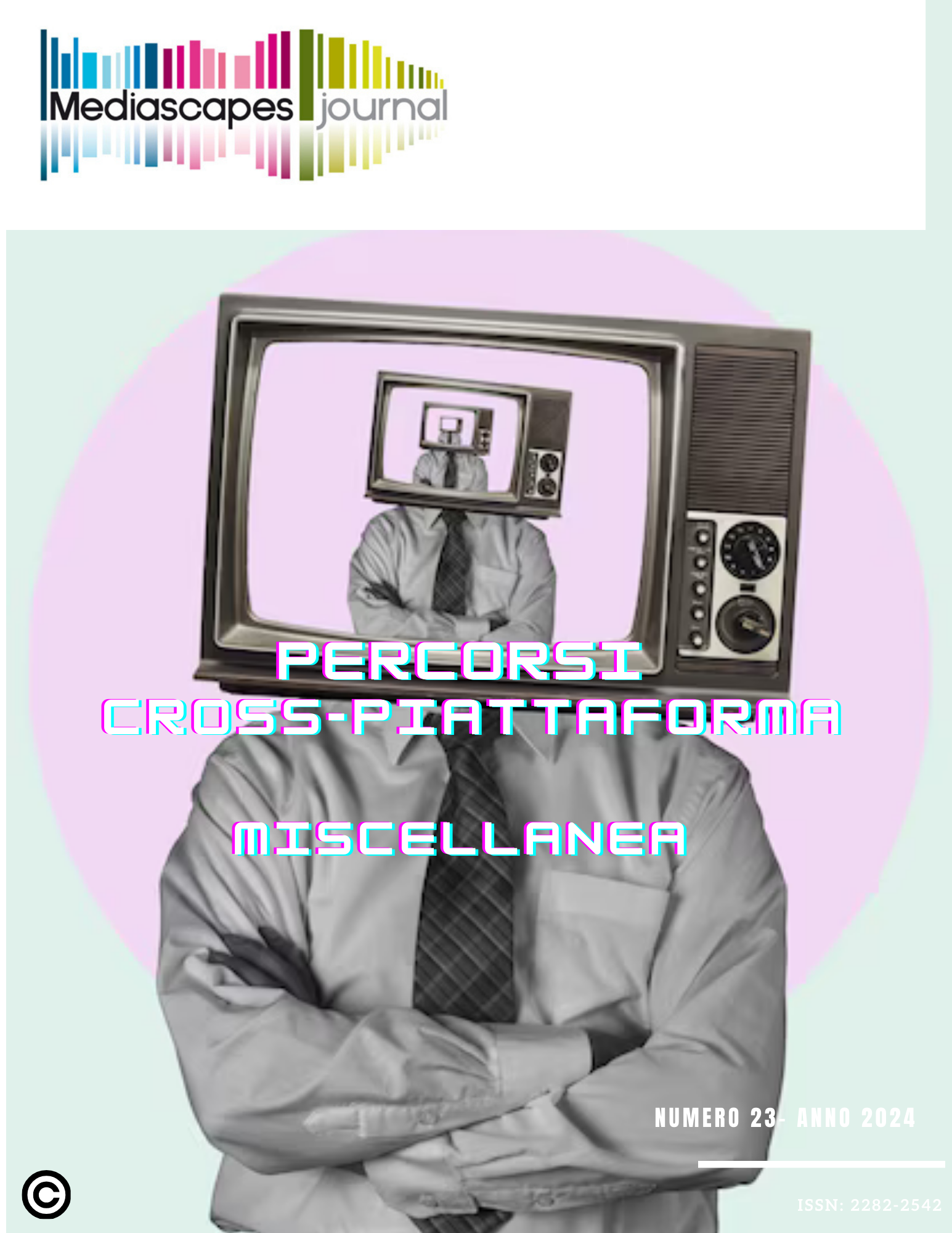Charles Bukowski sui Social Media
Citazioni e reazioni
Keywords:
Bukowski, Quotes, Social Media, Literature, TextAbstract
This essay focuses on the reactions to the circulation of aphorisms and quotes from Charles Bukowski’s work available on social media. The detractors of this trend consider themselves admirers of the novelist and essentially object that those who improperly post his sentences are people who misunderstand his poetics and anti-romantic spirit. The article reports and comments some of these reactions and analyzes the text. A central thesis of the essay maintains that the critical approach of these reactions undoubtedly captures elements of truth if traced back to the poetics of the writer, but it does not capture a fundamental point: quotes and aphorisms, that circulate on social media, are specific media themselves and they lend to citation in a peculiar way. Tracing the habit of quoting an iconic character of literature to the spirit that accompanies and marks the totality of his production is misleading, because it does not allow us to understand that whoever uses the quotation in turn behaves like a producer of images and captions, and therefore like an author. The fact that the author of the quote makes it on social media shows a tendency not necessarily connected with the totality of the author’s production and experience but with the individual sentences considered fragments adequate to describe personal experiences.



